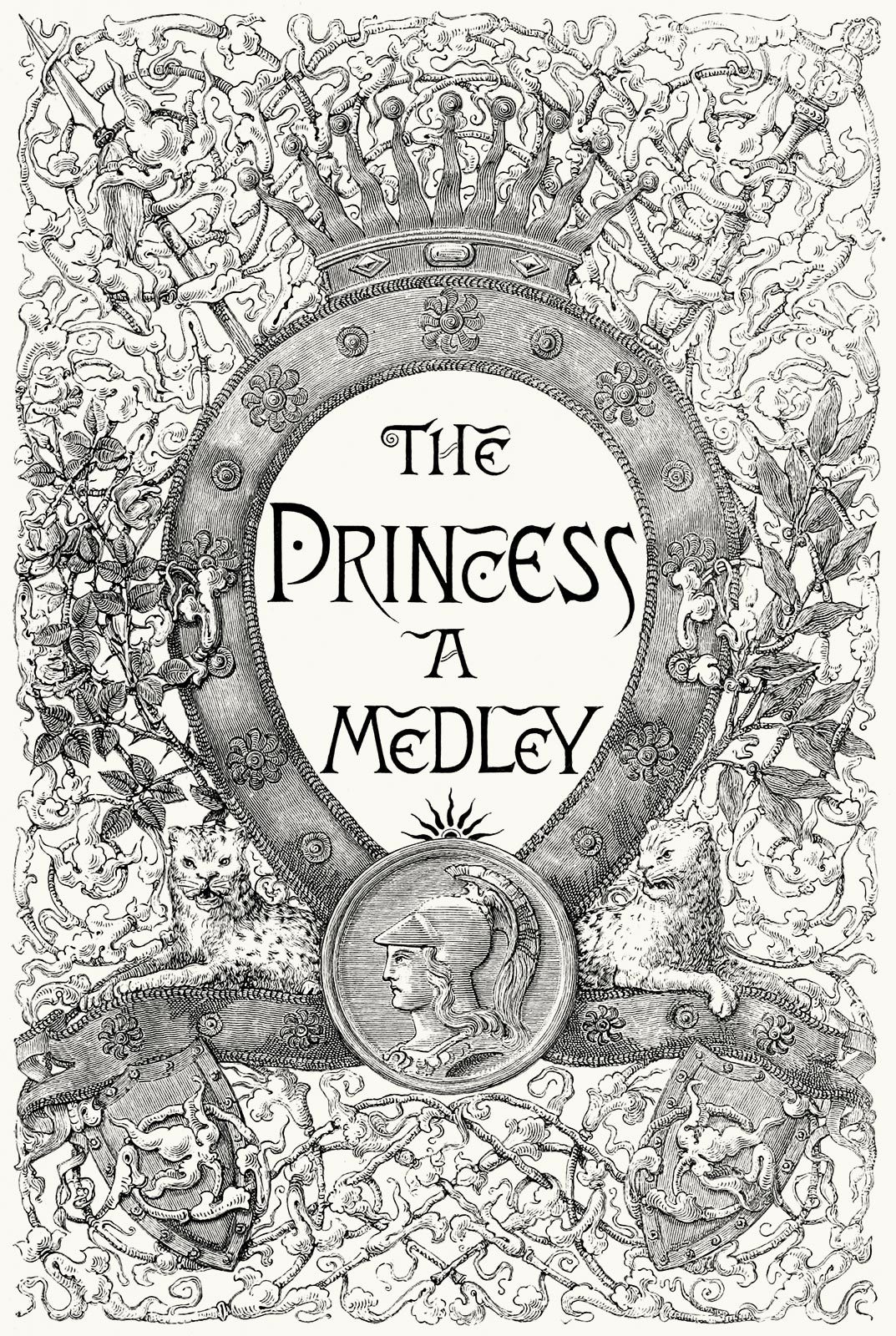 The Fault in Our Stars by John Green
The Fault in Our Stars by John GreenMy rating: 2 of 5 stars
This would be the first, and to date the only book to have ever made a young, male coworker of mine cry. So he says, and I believe him. I can certainly see how it could happen. As dear Birdie says, "What a story! Everything but the bloodhounds snappin' at her rear end." (I know it's wrong to quote All About Eve while sober, but I must say, it fits.)
I myself, I didn't cry, but then this little romance, or many like it, may be a bit more familiar to me than to my young friend. I've read this book before, many times. True, when I read it last, in the late eighties, or early nineties, it was not about straight teenagers with cancer but gay men with AIDS, but the story and the style I recognized almost immediately. Call it, for want of a better, the light domestic tragedy.
The lightness has all to do with tone and the quick, conversational structure of the thing. The romance bubbles along endearingly, chat by chat, though admittedly to its inevitable and much foreshadowed end -- there's twist of sorts, though not so shocking as the novelist's devotion to that reliable old apparatus, the telegraph. Mostly, for simplicity's sake, the conversation keeps to the tête-à-tête, but everybody gets a crack. (People can't so much as pass by on a barge but they have to kibitz, and even translate -- being a lovely lot of foreigners -- so we shouldn't miss a thing.) Everyone, or nearly everyone is brave, amusing, conversationally apt. It's a bit arch, but not bad to read. I don't even mind ultimately that all the teenagers sound more like gay men at GMHC meeting from the late eighties than as described.
The very nature and mystery of AIDS then lent a nonspecific, perhaps unearned portent to the gay fiction of the day, even when the subject wasn't or wasn't just the epidemic. There isn't that same urgency here, or dread, but there is a familiar and touching anticipation of loss, after loss, after loss that does create an atmosphere. If neither the older fiction nor the new quite rises to meet the minimum of the Aristotelian rule for tragedy, well, when was the last time a modern novel did? When, for that matter, was the last time I picked up a novel hoping it might?
This might be the moment to mention that Mr. Green's novel, indeed, all his widely popular fiction to date, as I understand it, is not written primarily for an adult audience, which is another way of saying that his books are categorized as "YA", or "Young Adult." May I say, I've never met such a person, never was one myself and can't say I entirely believe in them, despite having sold books in this category for decades now? Not so oxymoronic as, say, "compassionate conservative," or so blatantly commercial a concept as National Grandparents' Day or the like, YA is none the less a wholly modern invention of educational publishing, a category of thing meant to provide a transition from children's books to adult literature. I suppose there are learned bodies somewhere describing how well or ill this strategy has worked. I can't pretend to know. (I will say, based on just how many books the rising generation has had shovelled at it, we might have thought they'd be reading books at roughly the same frenetic pace at which they seem to consume culture generally, but I can't say I've personally seen much evidence of that, have you?) While it's true that to date I've avoided YA as a category as a result of my scepticism as to both its objective and its means, I confess I wasn't much bothered about reading this one. Again, I enjoyed it, mostly. Mr. Green is a thorough professional, neither didactic nor simple-sounding as to his plot or prose. What he does may not be specially literary -- he seems to have absolutely no interest in form, time or any of the other preoccupations of modern fiction, -- but what he does he generally does with a sure and comforting confidence.
There was however one note so jarring, I thought at first something more interesting might be happening here than just the sad sad story. There is a novel within the novel, you see, a novel to which our young narrator is devoted, a novel she has read and rereads so often she can quote long passages from memory to her -- for the most part -- ironically named "survivors'" group. The novel within the novel is a novel about a girl with cancer. Well now. Our narrator gives her favourite book to her beau and they bond over it. Eventually the novel within the novel becomes the motivation for the most significant moves the characters will make in the book. Gave me pause, that did. I admit, I began to think I might have to think a bit harder here.
But, no. From just the passages quoted and the action described, the cancer-girl novel within the cancer-girl novel, An Imperial Affliction, is actually rather awful. Ah ha! Perhaps that might be the point? An ironic comment on just this sort of teenaged self-importance and tragic fantasy? An Emmeline Grangerford to make us laugh a bit at death? But no. Nearly everyone who matters in John Green's novel reads this other novel and no one seems to think it anything less than a masterpiece. Sadly it seems, neither are we. It's not. It so is not. In fact, from the bits we have, it doesn't seem like anything that might make a novel, or even a narrative, or anything much at all, but a lot of pompous bunk. Was that the point then? That, good or bad, kids can make a fetish out of anything, find philosophy and meaning in everything from comic books to kitsch? Again, no. I finally had to give up the idea of some kind of satire or spoof, on meeting the character responsible for An Imperial Affliction, the reclusive author of all these fragmentary fortune-cookies, one Peter Van Houten. He was an asshole But as i've said, he not only behaves badly, but writes very badly indeed. (I ruin nothing by suggesting his secret hurt. Nothing however could redeem this character or excuse his style.) I thought surely someone then would mention that he had no right to behave so badly, specially as his book actually sucked. I thought there would be some liberating unmasking of the fraud. Something. No such luck.
So why let this minor part of an otherwise inoffensively artless book bother me so much? Well, this Peter Van Houten is really the only adult in John Green's novel not charged, directly or indirectly with caring for the kids. What's more, this old Dutch dick represents the nearest thing in the book to a character independent of the Young Adult rubric that would seem to keep everyone for the most part, nice and simple. He's certainly neither. Please don't misunderstand, not only do I not have a problem with this guy being a jerk, and or irrational, I actually welcomed it, frankly, as something of a change, something not quite so entirely safe and sound as the rest. But either John Green thinks this guy and the nonsense he says is meaningful, or John Green failed utterly in making fun of him. Either way, it is disquieting to think something so unlikeable and unlike is meant to be accepted as suited to the whole. What on earth are we meant to make of the business?
Meanwhile, the book finally falls back into its expected trajectory and lands in its sad, right and peaceful place. And there we are.
I can't pretend to judge the value of this sort of thing to its intended readers. My young friend at work certainly had a satisfying experience, and despite my dislike of that clumsy subplot, I don't begrudge the day I spent reading this book. I do wonder though that those novels I read back in the day were all quite so good as I thought at the time, though I was hardly alone in thinking so. Perhaps they were just a transition to better things. It's certainly possible. Don't know that I need to know now one way or another.
View all my reviews

















































